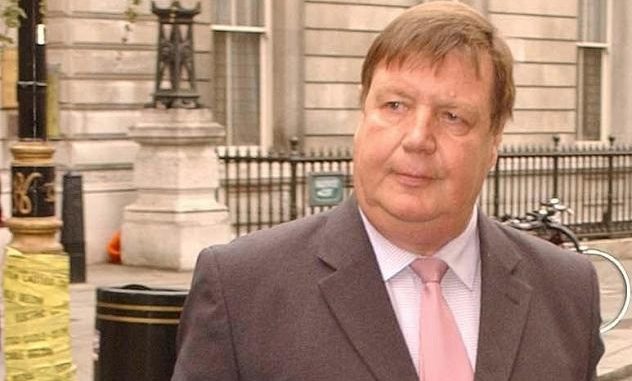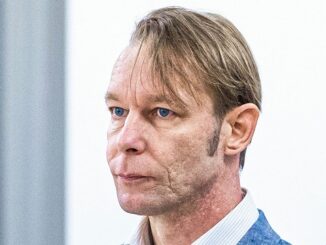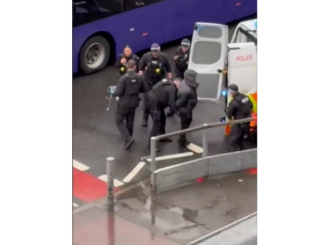
A former Metropolitan Police detective has won damages against the force after he was unfairly accused of perverting the course of justice.
Sidney Fillery was alleged to have committed the crime while investigating the murder of private detective Daniel Morgan, who was found with an axe in his head outside a London pub.
But the High Court ruled Mr Fillery was unfairly prosecuted on the evidence of a “doubtful witness”.
Damages have yet to be agreed.
The judge, Mr Justice Mitting, threw out the claims of three other men accused of carrying out the murder of Mr Morgan – who was found dead in a pub car park in 1987.
Daniel Morgan worked for a private investigations agency, Southern Investigations, during the 1980s before he was killed after leaving the Golden Lion pub in Sydenham.
The case follows a series of failed police investigations into Mr Morgan’s murder, which were dogged by allegations of police corruption.
Several investigations in 1990s and 2000s led to a prosecution being brought in 2011 against Mr Morgan’s business partner, Jonathan Rees, and two brothers, Glenn and Gary Vian.
But the case collapsed when it emerged a senior police officer, Det Supt David Cook, had had improper contact with a witness, and had concealed this from prosecutors.
Mr Justice Mitting decided the officer “deliberately withheld” details of his contact with the witness from the Crown Prosecution Service (CPS) – which decided to press charges.
He concluded this amounted to ‘”misfeasance in public office” but said it was the decision of the CPS as to whether to prosecute all four men, not the Met.
He added the prosecution would have gone ahead even if the evidence of the tainted witness had been left out.
But Mr Justice Mitting found Mr Fillery was prosecuted entirely on this witness’s evidence, which made his prosecution unfair.
The Daniel Morgan case remains unsolved and is the subject of an independent Home Office inquiry
In a statement, his brother Alistair said the case had “focussed simply on the conduct of Det Supt David Cook.”
“Whatever the conclusions of this judgement, we consider that it would be a travesty of justice if David Cook is allowed to become the scapegoat for the failures of the Metropolitan Police over the decades in failing to confront the police corruption that lay at the heart of this case,” he added.
Source: bbc.co.uk






Be the first to comment